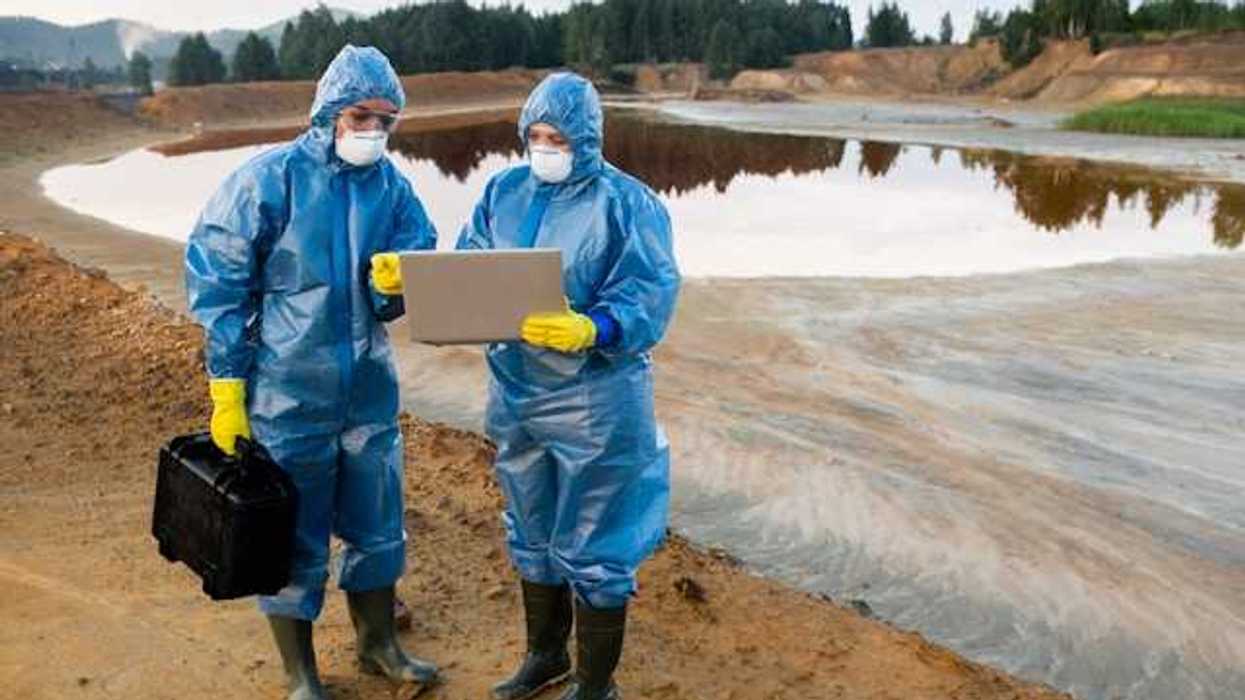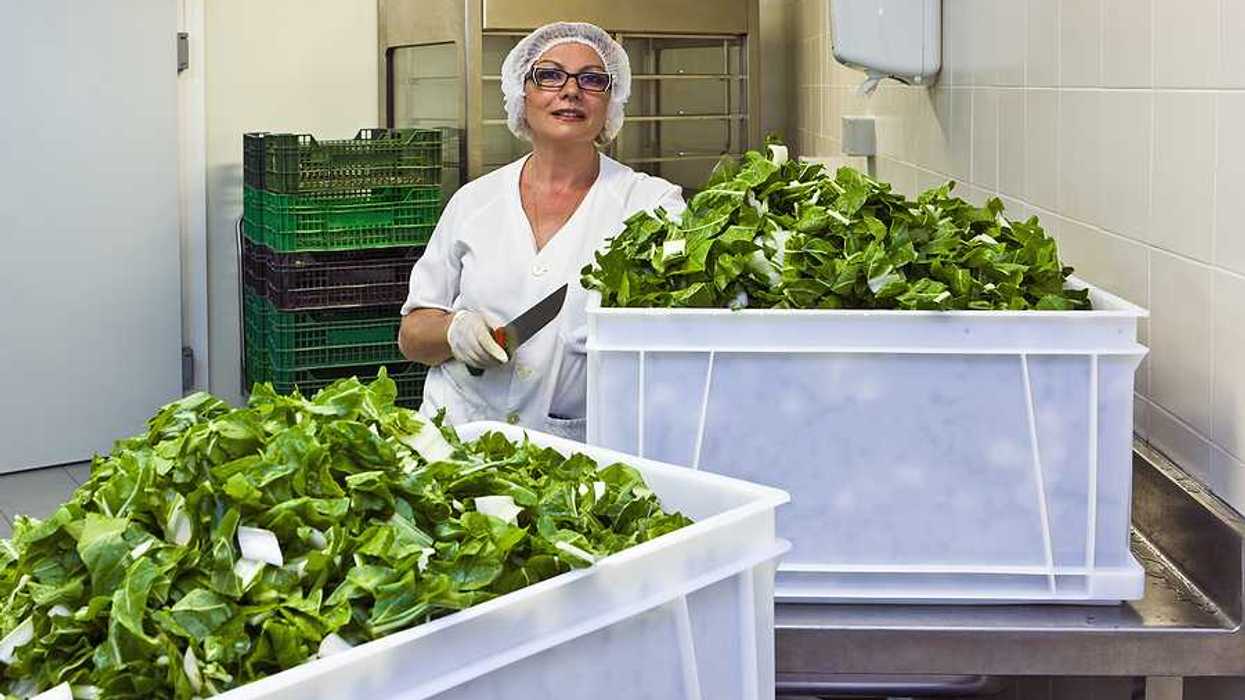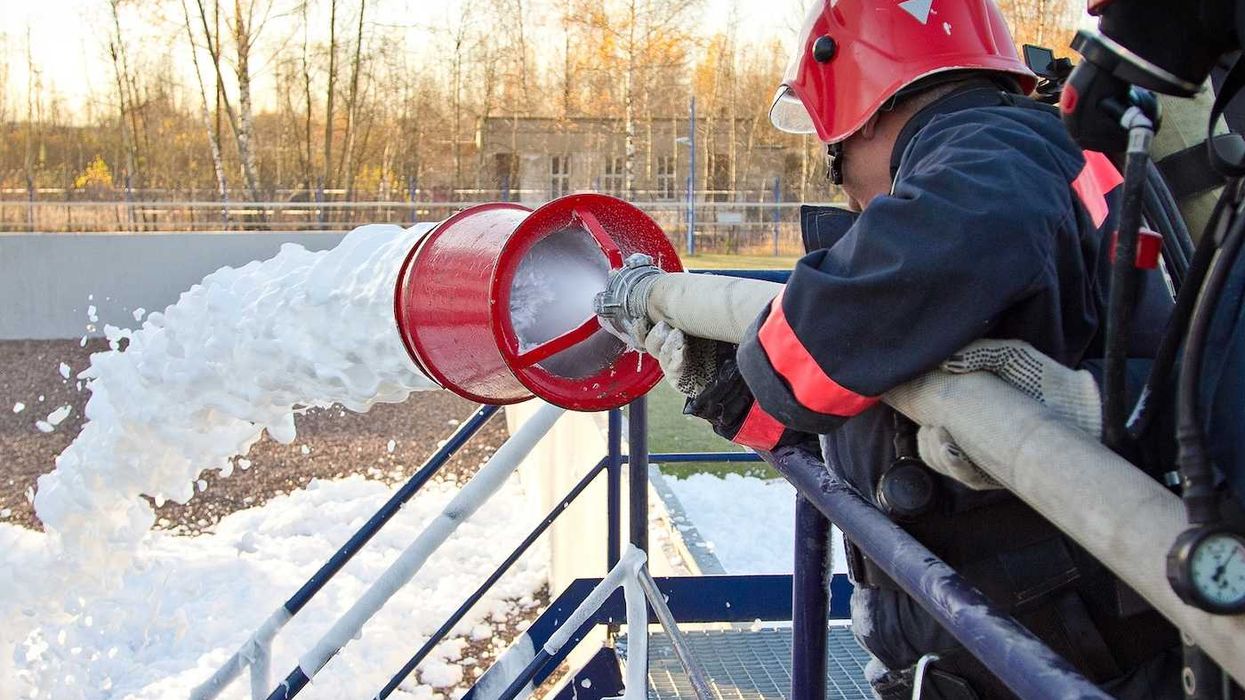A recent study published in Frontiers in Endocrinology found that the regular use of personal care products - such as skin care and cosmetics - is linked to a higher possibility of negative in vitro fertilization (IVF) outcomes.
In short:
- Women undergoing IVF who used cosmetics 1 - 2 times per week had a higher chance of miscarriage than those who did not use cosmetics at all.
- Women who used skin care products were less likely to produce mature eggs for fertilization.
- This is the first study to examine the relationship between personal care product routines and IVF outcomes.
Key quote:
“Personal care products contain a number of endocrine-disrupting chemicals (EDCs) that could potentially affect the reproductive function in women of childbearing age.”
Why this matters:
Personal care products encompass a massive category of consumer goods, including everything from cosmetics to toiletries, soaps, shampoos, hair coloring products and more. They’re also known to contain a variety of hazardous endocrine disrupting chemicals (EDCs) - like BPA, phthalates, and parabens - which can be absorbed through the skin. With 15% of couples suffering from infertility globally, the authors of this study point out the need for regulations that account for exposure to multiple EDCs in products, and their combined effects.
Related EHN coverage:
- Scented period products bring worrisome toxic exposures. Who’s most at risk?
- LISTEN: Marissa Chan on solutions to harmful beauty products
More resources:
- Read excerpts from Environmental Health Sciences Senior Scientist Dr. Shanna Swan’s book on the effects of toxic chemicals on fertility, Count Down: The infertility crisis.
- Subscribe to EHN’s Children’s Health newsletter, delivered every Thursday.
Guo, Qing-Chun et al. for Frontiers in Endocrinology vol. 14. Jan. 24, 2024
- How your environment influences infertility ›
- WATCH: Fertility crisis leaves little time for solutions ›
- WATCH: A global fertility crisis ›
- Count Down: The infertility crisis ›

















